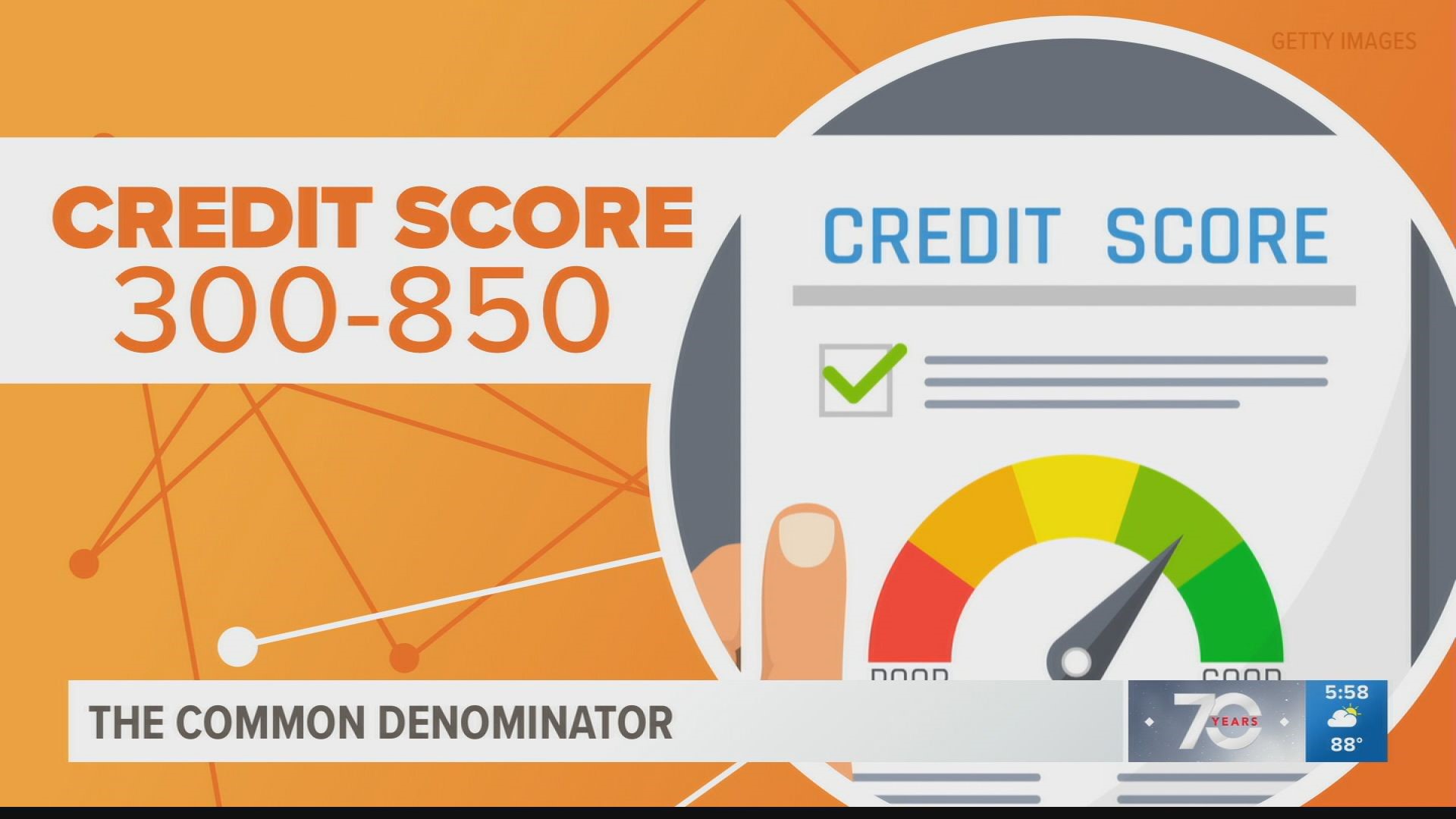For the first time ever, the average national credit score is 706. That’s a good thing!
Scores range between 300 and 850. Anything over 700 is generally considered a good score.
Over 760 is considered excellent.
Your score makes all the difference in the interest rate you pay for things like credit cards, car loans and mortgages. It can be a determining factor in whether you get a loan at all.
According to FICO, scores bottomed at 686 a decade ago during the housing crisis when foreclosures shot up. They've been steadily rebounding since.
FICO said low unemployment and a strong market have helped improve consumers' financial fitness overall and their scores.
New standards for public records that took civil judgements and tax liens out of credit reports have also made a difference.
One of the biggest factors, though, may be consumers themselves. FICO said more people understand how their behavior affects their credit score, they started checking their scores more often and adjusting their habits accordingly to boost their numbers and take better control of their financial futures.
One of the best ways to raise your credit score?
Pay your bills on time! That includes credit cards, loans, utilities and rent.

